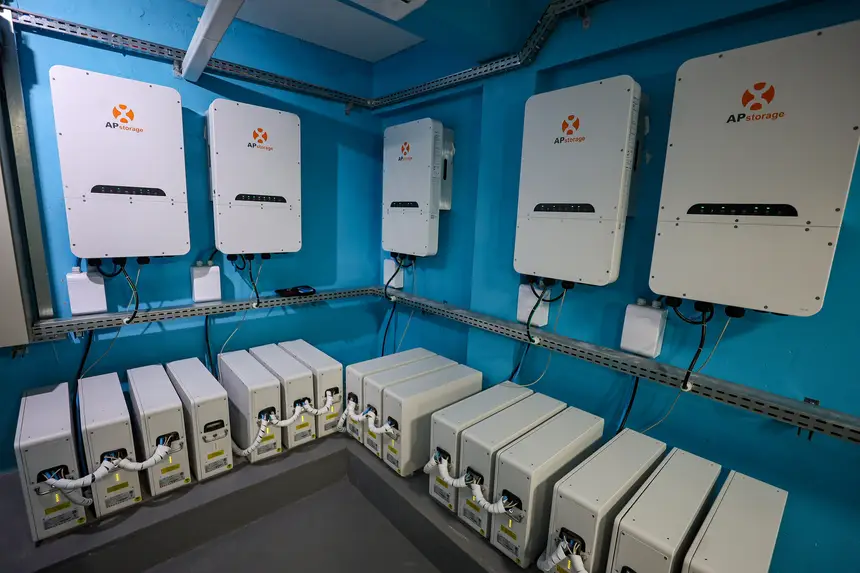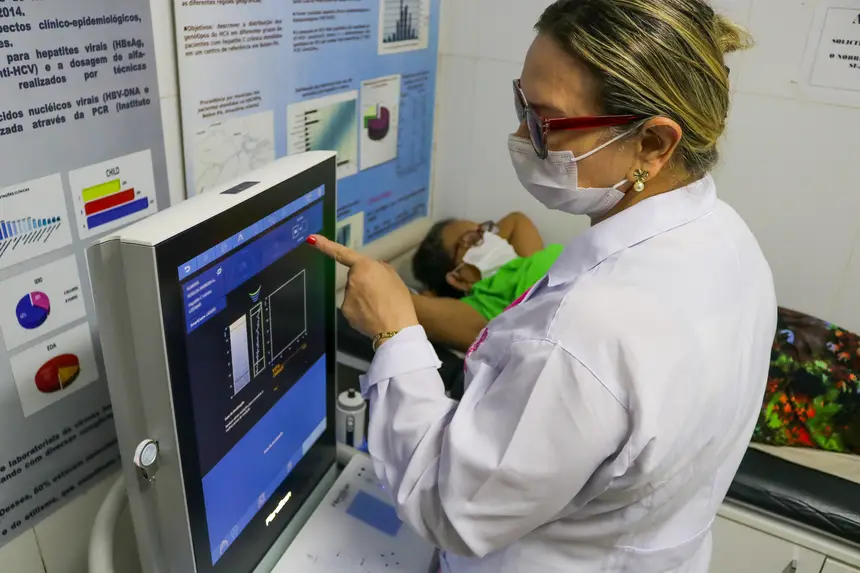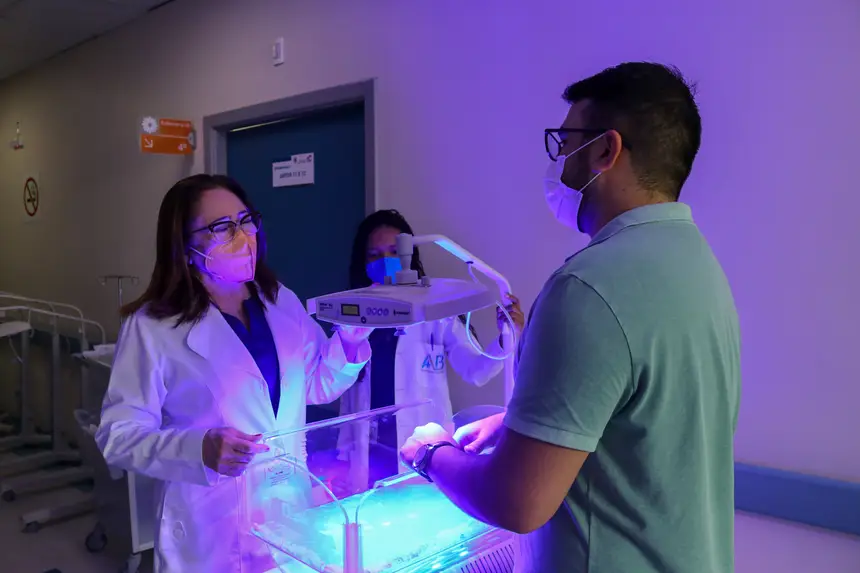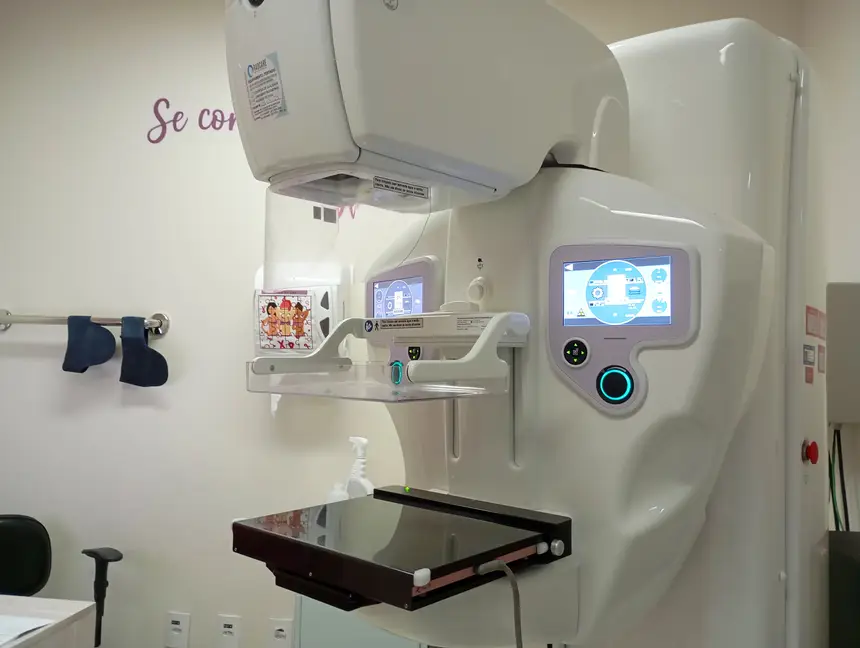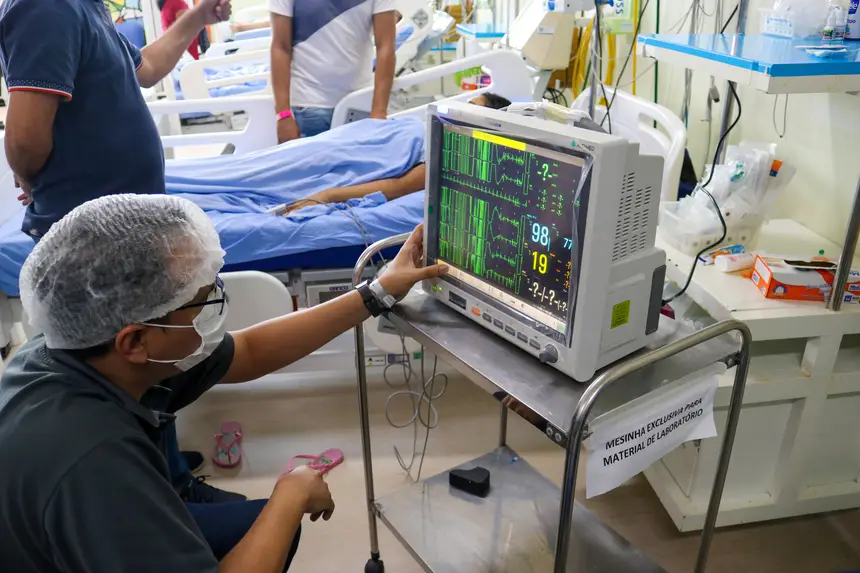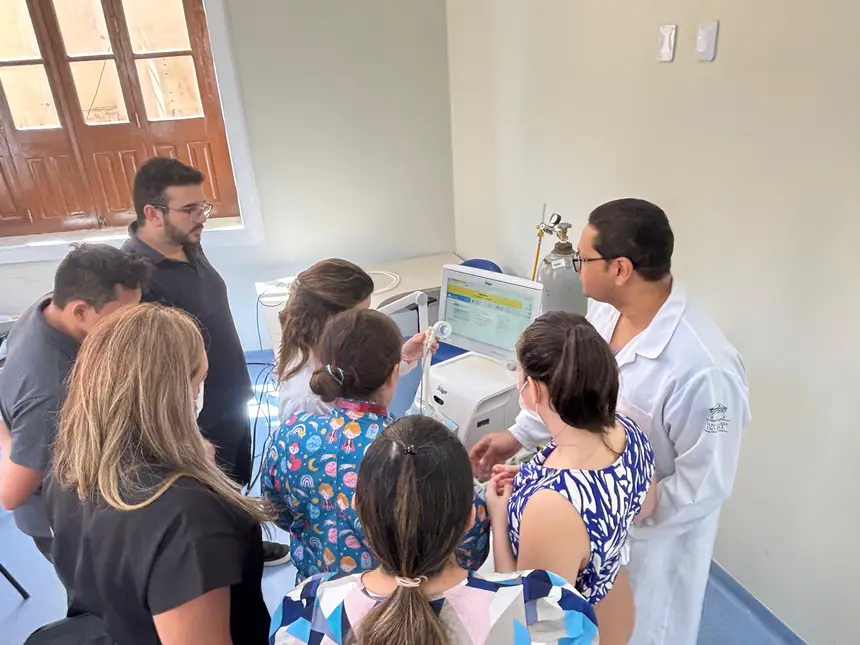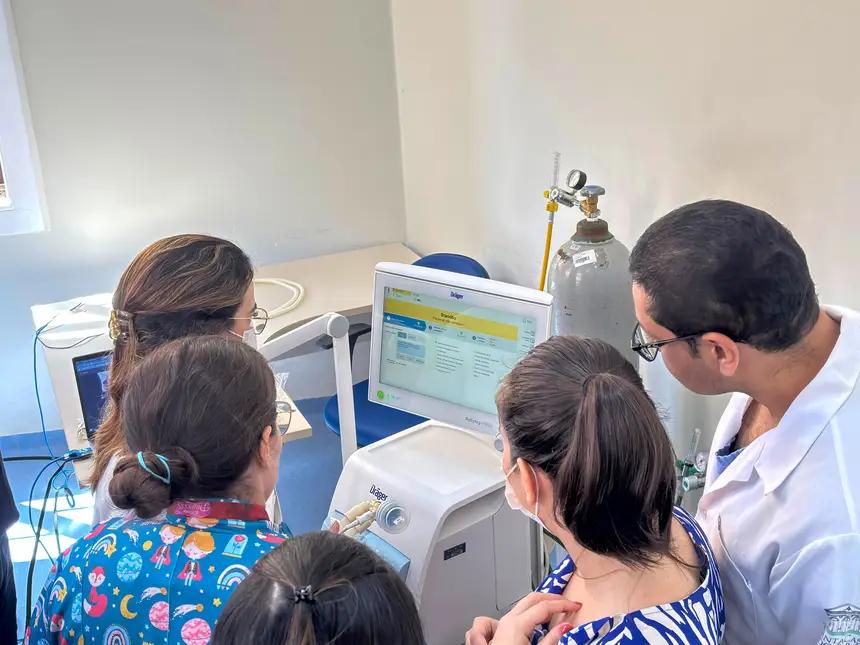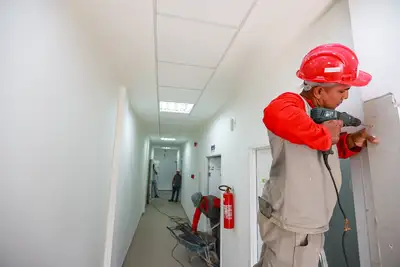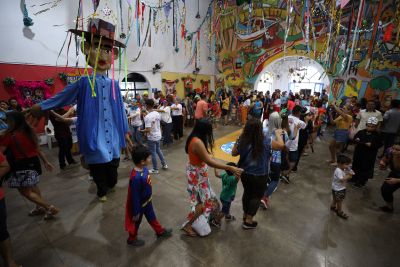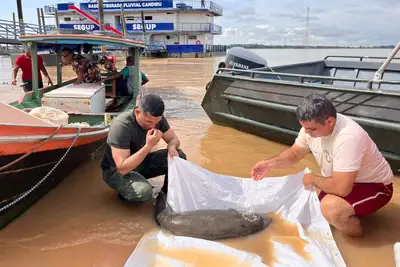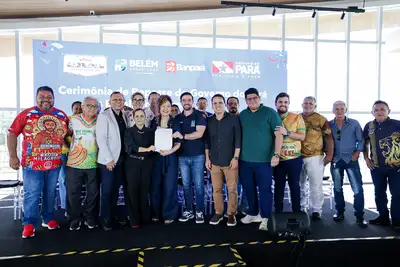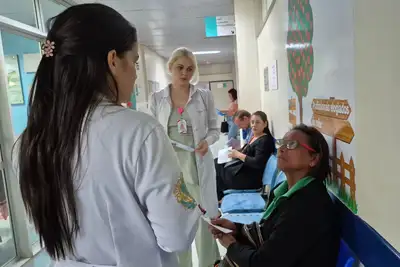Santa Casa do Pará acquires equipment to meet the demand of its pediatric ICU
The acquisition of the Babylog VN600 Ventilator cost about 180 thousand reais and will benefit children hospitalized in the pediatric ICU
Santa Casa do Pará, the largest maternity hospital in the country, performed thousands of services until last May of this year, including 15,868 services to women in the area of Obstetric Emergency and Urgency (UEO), which represents safety in the care of users of the Unified Health System (SUS) who seek the institution. And every year it has been modernizing its equipment park.
The recent acquisition of the Babylog VN600 ventilator represents an advantage in the treatment of pediatric patients served by the institution. According to Luís Campelo, clinical engineer and equipment manager at Santa Casa, the device has advanced respiratory support technology that ensures better oxygenation and reduces the risks associated with prolonged mechanical ventilation. “The arrival of the Babylog VN600 reinforces Santa Casa's commitment to providing excellent care to patients in the Pediatric Intensive Care Unit, and with this acquisition, the hospital raises the standard of the Pediatric ICU, ensuring vital support to the small patients who need specialized care the most.”
“The equipment further strengthens Santa Casa's capacity to handle critical cases of neonates and consolidates its position as a reference in intensive care in the North region. This achievement represents a milestone for Pará and provides a more promising future for critically ill newborns,” points out the clinical engineer.
Intensive care physician Mary Cohen emphasizes that the ICUs in the pediatric areas have a differentiated structure and modern equipment, and that these conditions, combined with the high qualification and engagement of the multiprofessional team, contribute to the quality of care for patients. “Thus, the care directed towards this patient reflects in the success of the treatment or in the most humanized conduct possible within the ethics and principles advocated by SUS.”
The device - The Babylog VN600 Ventilator is an advanced technology device and exclusive in the state of Pará for neonatal and pediatric respiratory support. The Santa Casa Foundation of Pará made an investment of R$ 179,123.40 for the acquisition of this state-of-the-art equipment.
The Babylog VN600 is a high-frequency ventilator capable of providing high-frequency oscillatory ventilation (HFOV). An advanced method that provides minimally invasive respiratory support for premature and critically ill newborns. Among its main benefits are:
*Advanced respiratory support technology, ensuring better oxygenation and reducing the risks associated with prolonged mechanical ventilation;
*Adaptable ventilatory modes, including HFOV, which allows greater precision in gas exchange and prevents lung injuries in extremely fragile babies; Intuitive touchscreen interface, facilitating control and efficiency for the medical team in adjusting ventilatory parameters.
Modernization - In the last year, management invested 16.9 million reais in equipment that strengthens care for its users, including a solar panel system (sustainable energy); horizontal autoclaves (essential equipment for sterilizing materials and instruments in the health area); transport multiparameter monitors, 30 multiparameter monitors for ICU, 31 multiparameter monitors for Neonatal ICU. Hospital equipment that reads the patient's vital signs, indicating in real-time to the medical team, through information on the screen and visual and audible alarms, the current health condition of the patient.
Maurício da Silva, clinical engineer at Santa Casa, informs that investments in the institution's technological park are increasing. “We are in a continuous process of renewing our technological park, seeking not only to update the equipment but also to incorporate the best technologies and innovations available in the market. In addition, we have made significant investments in research, aiming to further strengthen our capabilities and advance the excellence of our services.”
Walda Valente, director of Planning, Budget, and Management at the Santa Casa Foundation, highlights that the most modern life support equipment and those suited to the new technologies of services and systems that the institution has been offering, “are of utmost importance for the professionals who accompany the modernization of the service and are trained for good applicability and fundamentally for the users who utilize the most modern and safe options for the quality of care provided by Santa Casa.”


